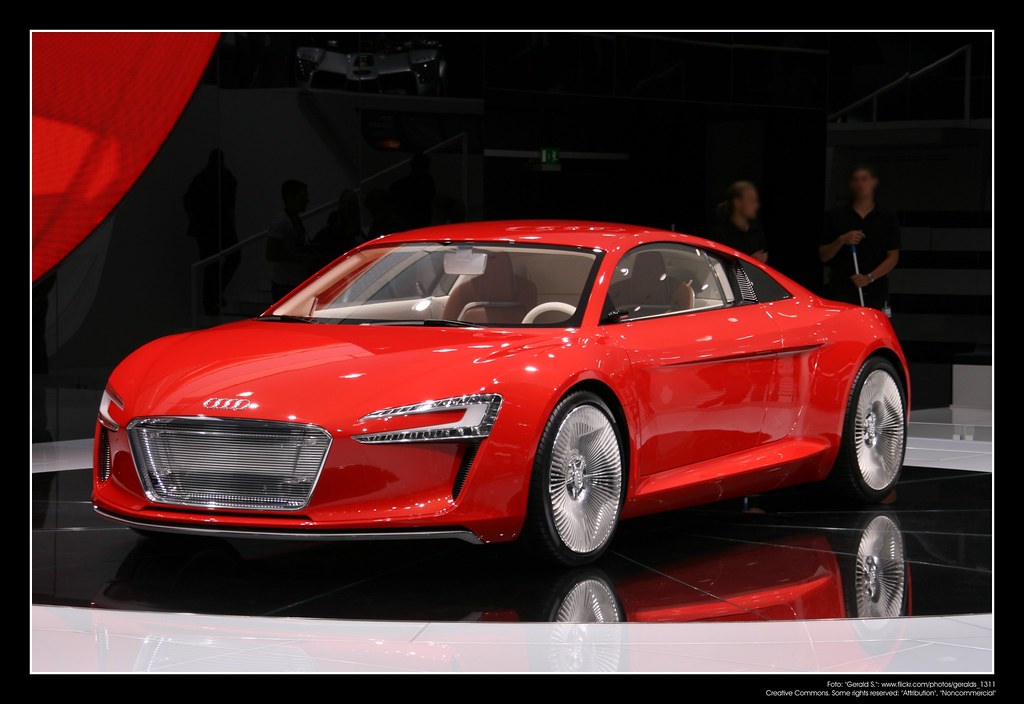Context:
EU-India collaborates to promote start-up on Recycling of E-Vehicles Batteries.
More on the news
- The European Union (EU) and India launched an Expression of interest (EoI) for startups working in Battery Recycling technologies for Electric Vehicles (EVs) for a matchmaking event.
- The matchmaking aims to enhance the cooperation between European and Indian Small and Medium-sized Enterprises (SMEs) and startups in the clean and green technologies sector.
- The intended exchange of knowledge will be instrumental in advancing the circularity of rare materials and transitioning towards carbon neutrality in both India and the EU.
- This initiative takes place under the India-EU Trade & Technology Council (TTC).
- The EoI for the Matchmaking Event provides a platform for Indian and EU startups/SMEs in the field of EV Battery Recycling Technologies to pitch their innovative solutions and engage with Indian/European venture capitalists and solution adopters.
The key highlights of the event are:
- to identify, support, and promote startups/SMEs dedicated to advancing the field of battery recycling technologies for EV and
- to facilitate cooperation, explore potential trade avenues, deepen customer relations and explore investment avenues for the shortlisted startups/SMEs.
E-Vehicle Battery
It is an energy storage system, a rechargeable battery used to power the electric motors of a battery electric vehicle or hybrid electric vehicle.
Objective
- Its major objective is to harmonize efforts with EU innovators to jointly develop battery recycling solutions that drive industry expansion.
- Fostering a collaborative environment where sustainability and innovation form the cornerstone of a flourishing circular economy.
Trade and Technology Council (TTC)
- The India-EU Trade and Technology Council (TTC) was first announced by the European Commission and India in April 2022.
- Established on 6 February 2023, this strategic coordination mechanism allows both sides to tackle challenges at the nexus of trade, trusted technology, security and deepens cooperation in these fields.
- The TTC is a key forum to deepen the strategic partnership on trade and technology between the two partners
- The TTC consists of three Working Groups:
- Working Group 1 on Strategic Technologies, Digital Governance and Digital Connectivity.
- Working Group 2 on Green and Clean Energy Technologies; and
- Working Group 3 on Trade, Investment and Resilient Value Chains.
Types of Electric Vehicle
- Battery Electric Vehicle (BEV): Fully powered by electricity. These are more efficient compared to hybrid and plug-in hybrids.
- Hybrid Electric Vehicle:
- Hybrid Electric Vehicle (HEV): The vehicle uses both the internal combustion (usually petrol) engine and the battery-powered motor powertrain. The petrol engine is used both to drive and charge when the battery is empty. These vehicles are not as efficient as fully electric or plug-in hybrid vehicles.
- Plug-in Hybrid Electric Vehicle (PHEV): Uses both an internal combustion engine and a battery charged from an external socket (they have a plug). This means the vehicle’s battery can be charged with electricity rather than the engine. PHEVs are more efficient than HEVs but less efficient than BEVs.
- Fuel Cell Electric Vehicle (FCEV): Electric energy is produced from chemical energy. For example, a hydrogen FCEV.
India’s effort for EV Battery recycling:
The Battery Waste Management (Amendment) Rules, 2023, have been implemented with the aim of enhancing the management of battery waste. These Rules set quantifiable goals for the collection and recycling processes, which must be met within certain stipulated time periods.

